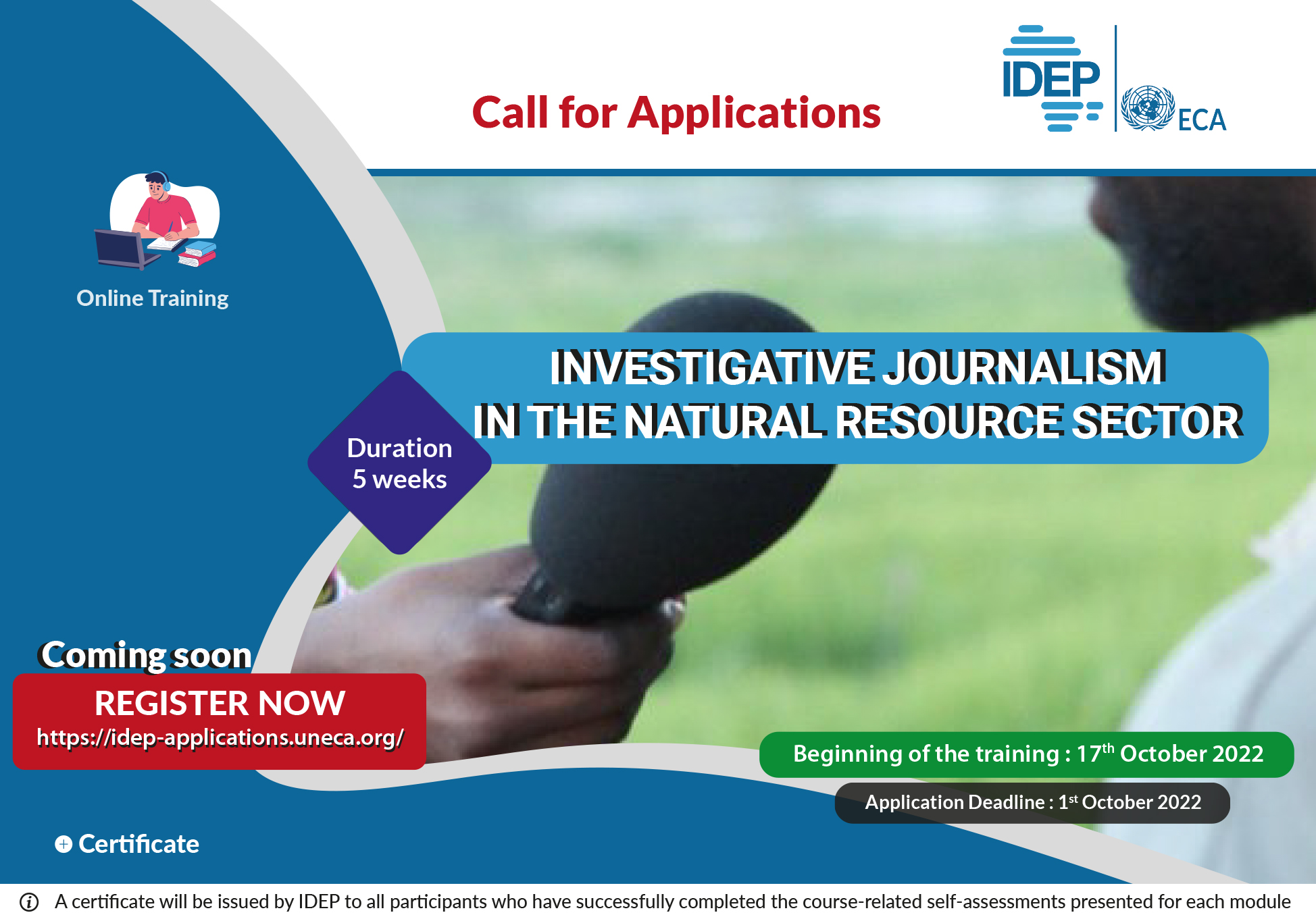Introduction
The African Institute for Economic Development and Planning (IDEP) and the University of Johannesburg have organized based on a five-year MoU, a pan-African postgraduate training in Industrial Policy. The course has been developed as a joint IDEP- UJ offering to serve the needs of African countries at a time when industrial policy has re-emerged alongside national development planning and regional integration as a core strategy for achieving structural transformation across the continent. The prioritization of industrial policy by African governments, the reflection of that priority in national development plans and long-term national visions, and its refraction into the processes of sub-regional and regional cooperation and integration, is one of the distinguishing features of the current period in Africa’s quest for a continental renaissance. The IDEP-UJ MPhil Industrial Policy course is designed to help fill an important gap in the kind of specialized human resource capacity that would enable African governments in their individual and collective efforts to design and implement the robust industrial policies and strategies that could set them on the path of sustained development and structural transformation.
Course Objectives
The overarching objective of the course is to strengthen the capacity of African policy officials and other development actors to conceptualize, design, implement, monitor and evaluate industrial policies and strategies in an age of intense multi-level globalization. Through the course, participants will be equipped, among other things, to more specifically renew and increase their knowledge on the key concepts, tools, and practices of industrial policy and strategy; learn from the comparative experiences of late industrialisers around the world; identify the factors which today’s industrialisers must confront and master; locate industrial policy within the context of a broader body of accompanying policies required for its success, including trade, investment, agricultural, labour, infrastructure, energy, technological, innovation, and environmental policies; explore the options that are available to Africa in the pursuit of commodity-based and non-commodity-driven industrialisation; apply macro- and micro-economic policies for industrial development; build industrial development models and zones; develop the aptitude and skills required for preparing infant industries for domestic, regional, and international competition; package a structure of incentives for domestic and foreign investors in the industrial sector; apply a national industrial policy strategy to a context of regional cooperation and integration; know and apply the tools developed for the implementation of continental standards and frameworks such as AIDA and PIDA for the benefit of national industrial development; gain familiarity with the system of the international classification of industrial goods and services; explore creative ways of financing industrial development, including the leveraging of development banking resources; explore trends in the digitisation of industrial production processes; and understand the dimensions of product design, packaging and marketing that are relevant to industrial development.




